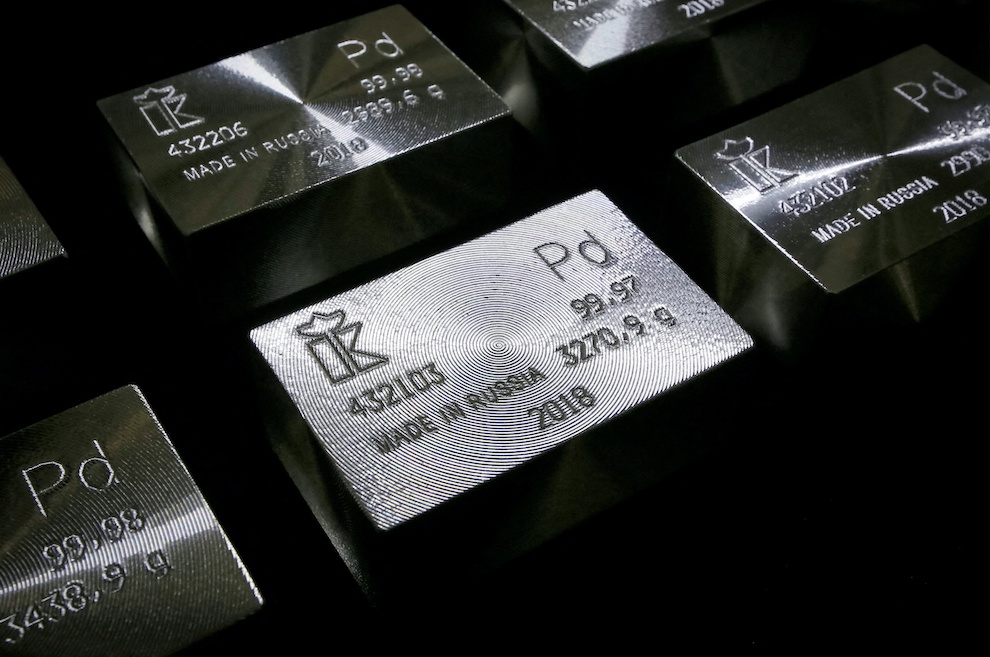Japan will take emergency measures to secure stable supplies of seven strategic materials it relies heavily on Russia or Ukraine for as the war and sanctions disrupt supply chains, the industry minister said on Thursday.
The actions include government support to boost domestic production, alternative procurement and to help technological developments to reduce use of the materials which include liquefied natural gas (LNG) and gases used in chip-making.
Efforts to buy upstream interests in energy and metals will also be stepped up with support from state-owned Japan Oil, Gas and Metals National Corporation, the ministry said at the launch of a new task force on Thursday.
Japan will ask oil and gas producing countries to boost energy output and form new coalitions with allies to strengthen global supply chains for semiconductors.
The resource-poor country faces a growing risk of supply disruptions of key energy and commodities as Russia continues military actions in Ukraine, in which Moscow calls a “special operation,” and Western sanctions on Russia escalate.
Fears mounted further after the Kremlin indicated that all of Russia’s energy and commodity exports could be priced in roubles, toughening Vladimir Putin’s attempt to make the West feel the pain of the sanctions it imposed for the invasion of Ukraine.
To cope with the risk, the Japanese industry ministry has identified seven key items for which immediate measures need to be taken to ensure stable supply, including oil, thermal coal and coking coal, palladium and ferroalloy.
Last year, Russia accounted for 9% of Japan’s LNG imports, 3.6% of crude oil imports, 13% of thermal coal and 8% of coking coal imports.
Japan’s reliance on Ukraine and Russia for supplies of noble gases such as neon, a key ingredient for making chips, is about 6% while 43% of palladium and 50% of ferrochromium and 33% of ferrosilicon came from Russia in 2020.
“We will be closely communicating with Japanese companies to boost local production and alternative procurement, and will provide bold policy support, if necessary,” an official at the ministry said.
Under the task force, the ministry will also map out mid- and long-term plans to reinforce supply chains of energy and commodities, he added.
- Reuters, with additional editing by George Russell
























